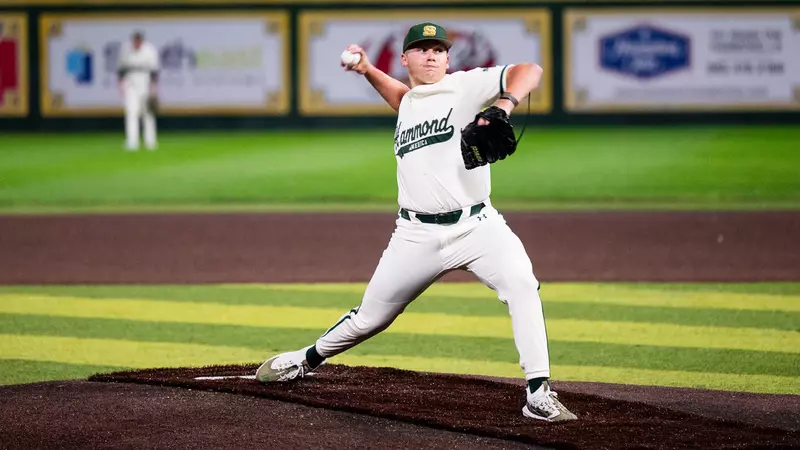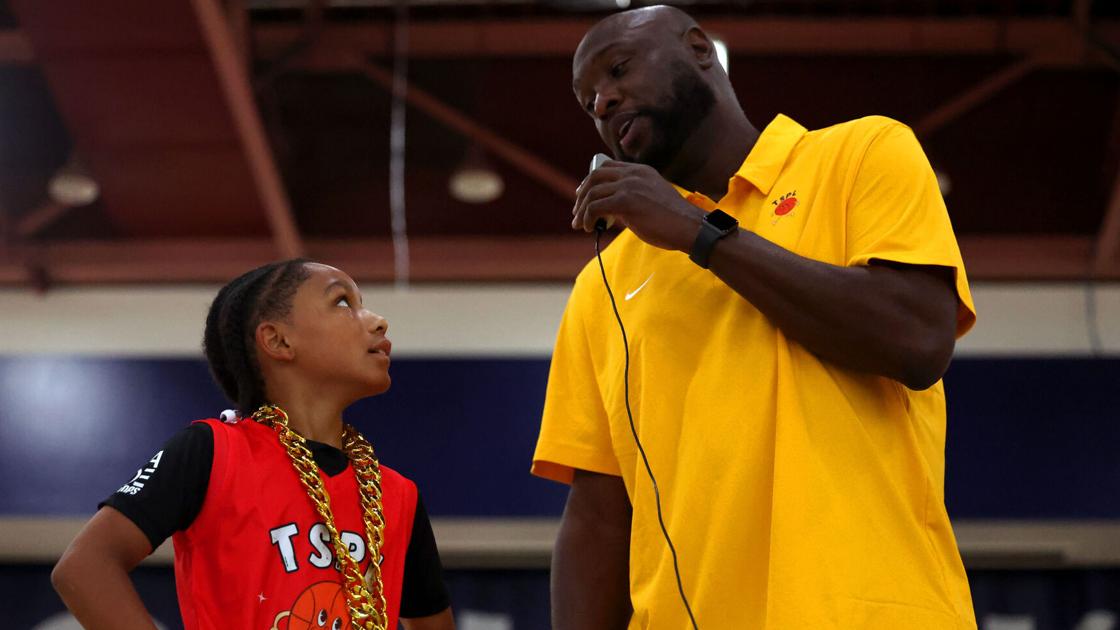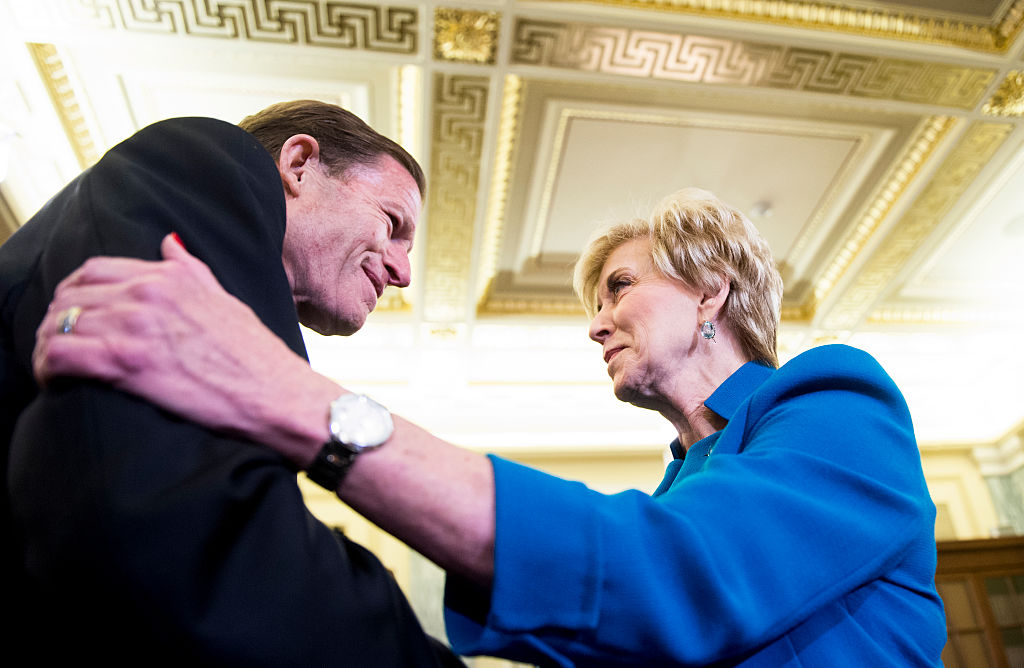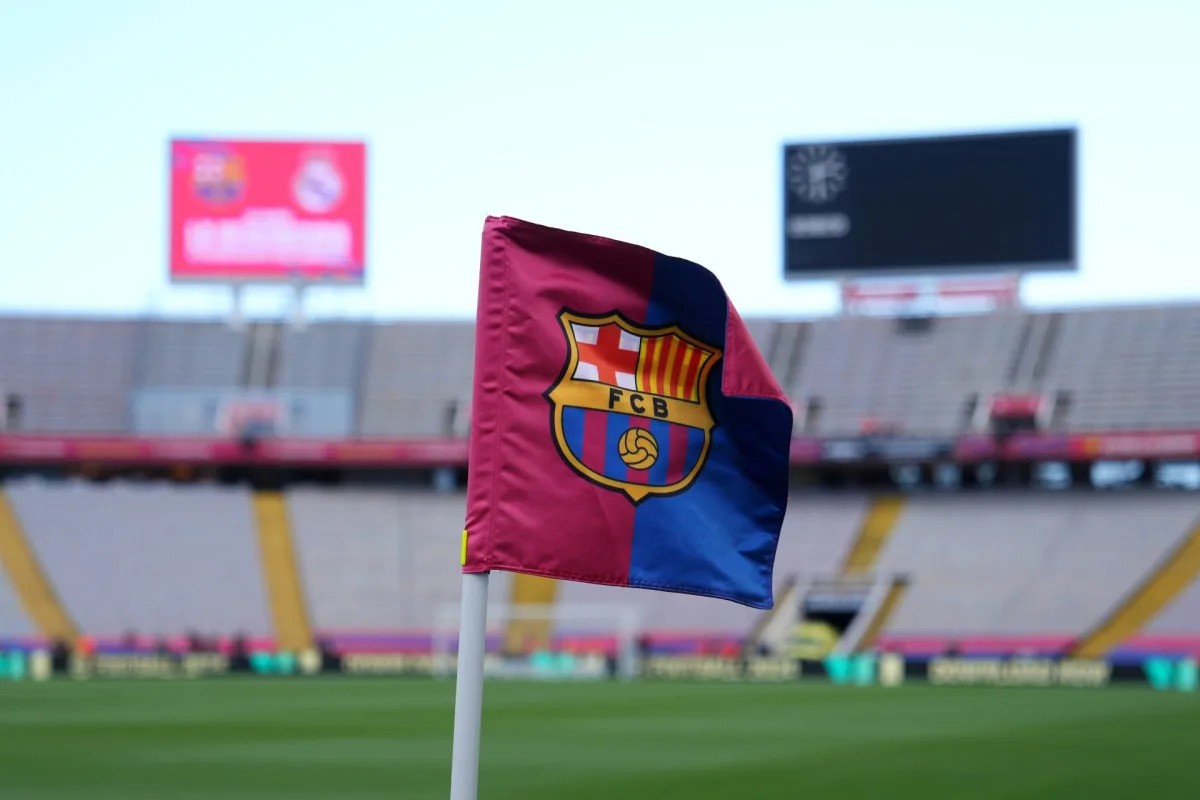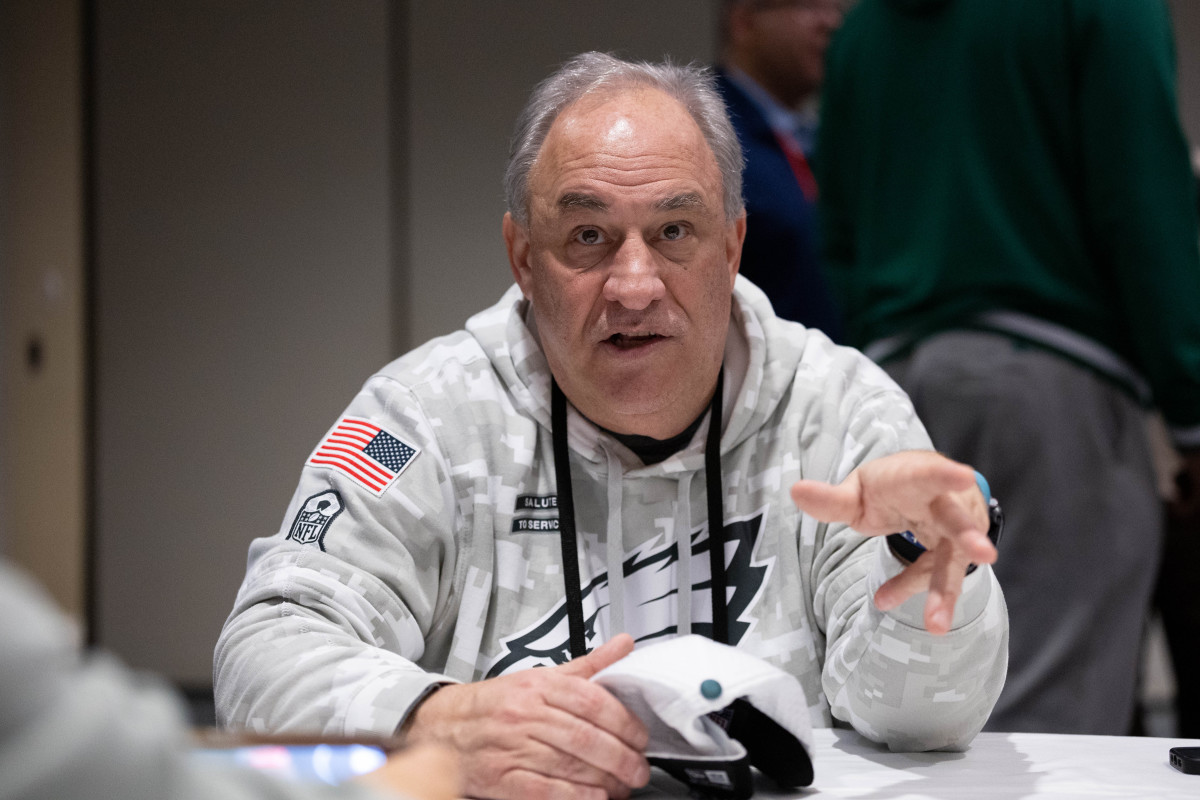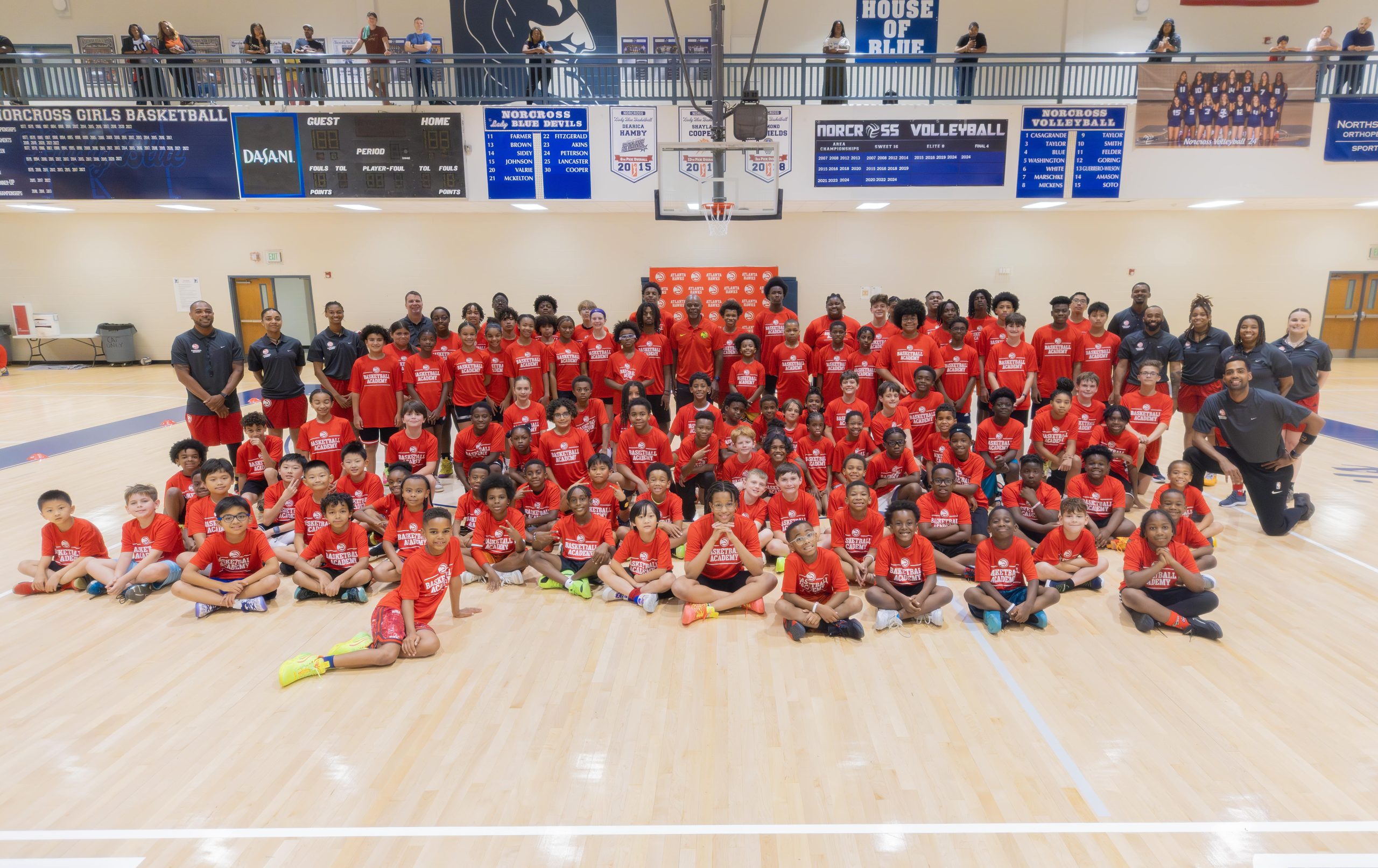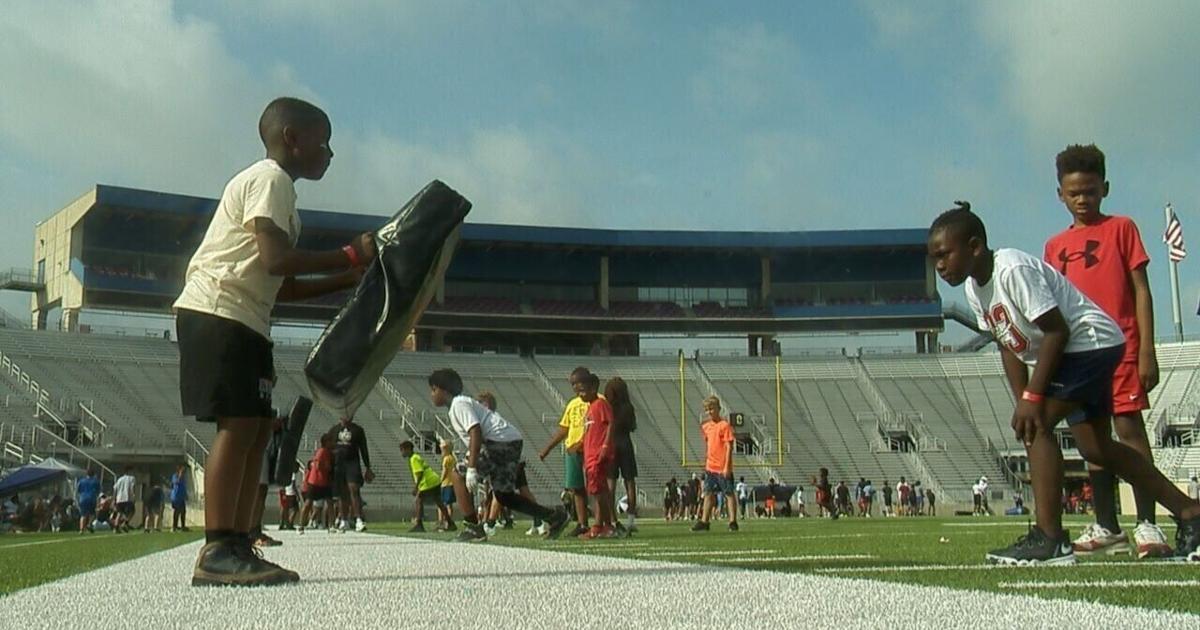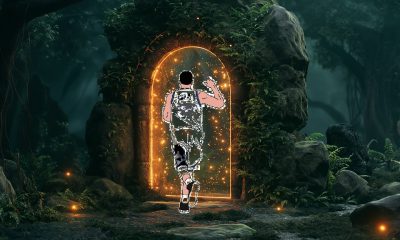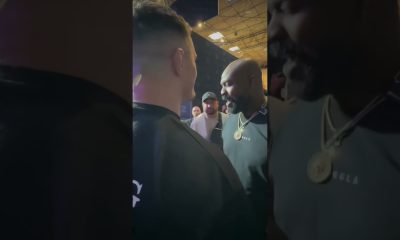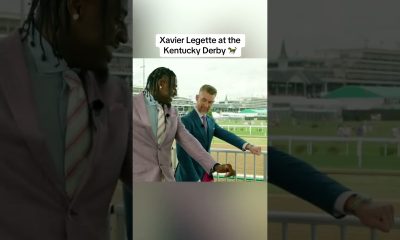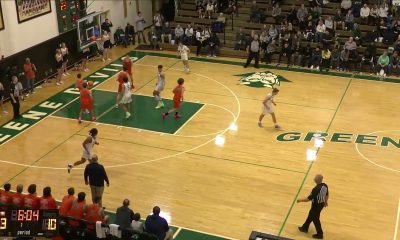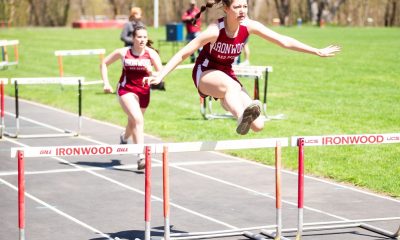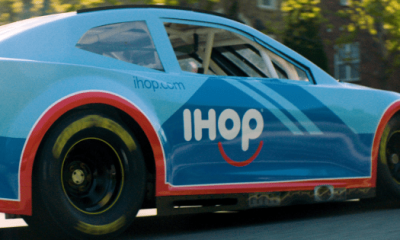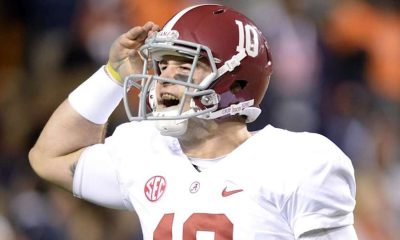Because of the way Amari Morris changed speeds and threw in shots, darting all over the Gregory School gym for 32 points in a Tucson Summer Pro League game Saturday, it was no surprise he says he’s been playing the game for nine years now.
What might be a surprise: His age.
Ten years on Earth, nine as a hooper. That’s why Amari has already joined the California-based Paul George club program, the same one that produced projected first-round pick Carter Bryant of Arizona and dozens of other elite talents.
Overall, Amari is already in his fourth year in the club circuit, in which young prospects aim to develop and attract scholarships, NIL and, maybe someday, an NBA Draft selection.
But this summer, Amari is also blending into the less-competitive TSPL, a Tucson summer institution run by former UA standout and ESPN analyst Corey Williams that has morphed from a pro-am league to a youth-only league featuring pickup-style games nearly every weekend in June and July.
People are also reading…
There are referees and coaches — former UA football standout Kelvin Eafon was in fully animated mode while coaching Amari’s “Window Depot” team past Jim Click Holmes Tuttle 47-40 — but there’s a difference that Amari could sense.
“It’s more like just to play basketball,” Amari said of the TSPL. “In club ball, you’ve got to do plays.”
It’s hooping, only hooping. Instead of shoe-company banners plastered overhead at the Gregory School gym, and scouts lining the sidelines, there are banners for the league’s 12 sponsors around, with some families and friends in the stands.
No pressure, or at least not much pressure. They did put a gigantic “LEMME COOK” necklace on Amari for a chat with Williams at center court after his game But overall, it was mostly just fun.
That’s what Williams has been aiming for.
“It’s not an alternative to club, but I look at it as a release from the club scene, personal training and all that,” Williams said. “I think that’s a little too intense for young kids at that age. We’re the league where you can come grab a jersey, get out there with your friends, get up and down, use your instincts, use your reflexes.”
“Yeah, there’s coaching, but I believe in free play, especially when they’re ages 10 to 13. I think free play is how kids fall in love with the game. They figure out what they’re good at, they develop their signature moves, and all that good stuff happens.”
Free play also allows the chance to make new friends in a new environment. Gabin Mease-Toro, an 11-year-old from the Sells area, came over to play with mostly players he didn’t know on the Jim Click team Saturday and wound up the team MVP.
Gabin said his club team has stopped playing, though he intends to play in the Native Junior Nationals at Mesa later this month and says there are opportunities for pick-up ball around Sells.
“We have a lot of that,” Gabin said. “You invite your friends and go out and play.”
But that’s no longer the norm, the way Williams sees it. Growing up in suburban Chicago in the 1980s, Williams said he never played club ball but instead developed exclusively through pickup games and school leagues. He became a three-time all-state pick at Batavia High School before playing four seasons for Lute Olson at Arizona.
“It was how you got to the NBA in the ‘50s, ‘60s, ‘70s and even in the ‘80s,” Williams said. “Pickup basketball was just kids, young people in gyms all across the country, playing free and learning the game.
“It’s not what it used to be. Now, if you don’t have the finances, and you can’t afford a trainer, or you can’t afford to play club ball, there’s very few opportunities for you to actually develop in the sport. So that’s our motivation, right there.”
The TSPL intentionally enrolls only youth ages 10-13, a time when many are either involved with or considering club play — or burning out from the sport entirely. Williams says about 20% of TSPL players are also on club teams, as Morris is.
It’s a critical junction, Williams says.
“That’s the age I think you can really impact kids with sports,” Williams said. “You’ve got a good mix of the serious hoopers, the kids that are just getting started, and the kids who like basketball and want to get better. You’ve got every kind of kid at that age group.”
Williams said he relies on sponsors to pay the “vast majority” of the TSPL expenses and help keep costs minimal for players. The league charges just $75 for the season, which includes five weekends of games on both Saturdays and Sundays, followed by playoffs over the July 19-20 weekend, and players keep their game jerseys.
About 20 players are receiving scholarships that allow them to play for free. All of the boys’ leagues are full, but Williams said about five or six girls’ spots remained as of Saturday.
“We had a number of donors sponsor (scholarships) and it was beautiful,” Williams said. “People hit me up on the side, and I got checks. So now it’s ‘Hey, man, you love basketball, but you live with your grandma and she’s on a fixed income? You can still come play, dude. Come on down.’
“You know what I mean? Like, that’s how I grew up. So I’m just trying to recreate my childhood for seven weeks a year. That’s all I’m trying to do.”
To learn more, visit tucsonspl.com.
Contact sports reporter Bruce Pascoe at bpascoe@tucson.com. On X(Twitter): @brucepascoe

